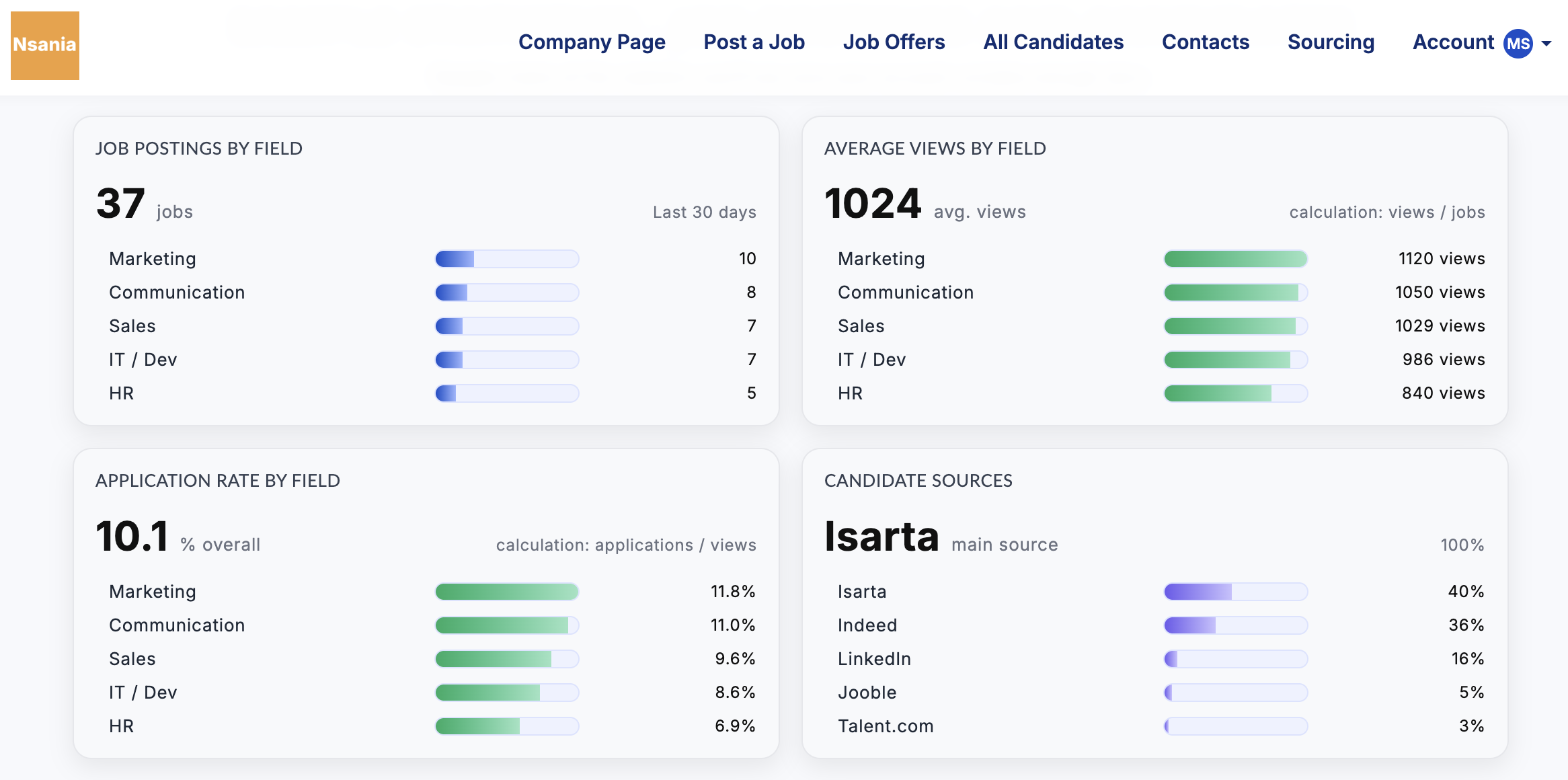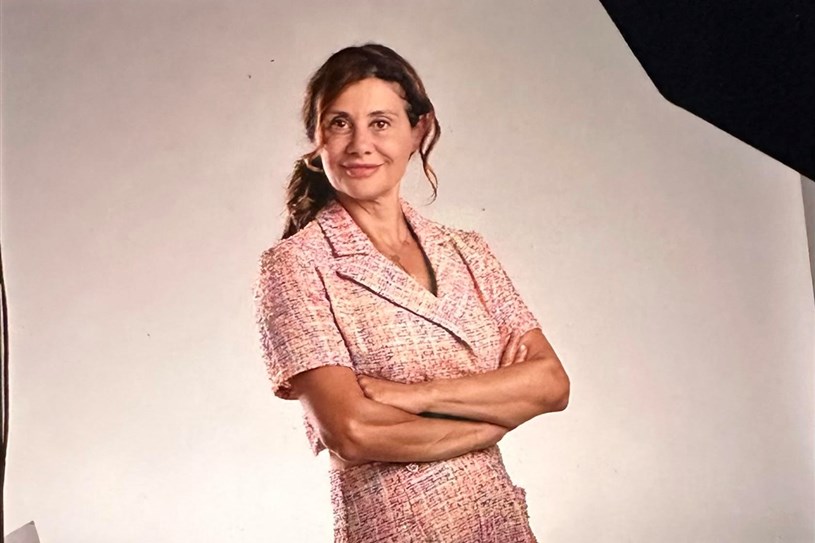There is no inevitability in experiencing a first professional setback early in one’s career. This is the interesting conclusion of a study published by researchers Gloria Kutscher and Wolfgang Mayrhofer in 2023, which shows that apprentices who undergo a professional setback tend to make more “conscious” choices thereafter. They lead more “intentional” professional lives and ultimately, more satisfying ones. Here’s the explanation.
This is the conclusion reached by the research team at the Vienna University of Economics and Business WU after analyzing the paths of 42 young Austrian professionals:
“We found that apprentices who overcome setbacks very early in their careers engage more deliberately in a search for meaning, leading them to cultivate expectations and aspirations associated with professional growth,” explain the research authors in the Harvard Business Review.
According to their observations, these early failures, setbacks, or professional detours continue to influence the professional choices they will make later:
“People who experience a setback, despite the initial feeling of having lost their way, undergo a positive shift in perspective. The backlash of the setback prompts them to reconsider and reframe their careers in a way that is more authentic to their inner selves, which helps them achieve success. In contrast, people without setbacks tend to pursue more conventional career paths, guided by cautious choices, and major advancement opportunities may seem unappealing to them and sometimes even invisible.”
How to Bounce Back
Experiencing a professional setback is never easy, especially early in one’s career. Gloria Kutscher and Wolfgang Mayrhofer have offered some advice for making the most of this ordeal:
Firstly, recognize that the decisions that have led you to the current path were made by a previous, less experienced version of yourself. Take a step back and ask yourself if the goals you are pursuing are still appropriate for achieving the skills and knowledge and understanding of what constitutes a successful career. And how can I update myself to achieve what is important to me now?
The second piece of advice concerns strategies for refreshing oneself.
Many people have a very narrow view of what constitutes a successful career. Usually, this involves climbing the next rung of the organization that employs us. But once we free ourselves from the constraints we impose on ourselves, new paths open up to us. Open yourself up to non-traditional opportunities by considering the full scope of your industry.
The answer might be right under your nose:
Ask yourself what aspects of your work you enjoy the most, and in what other contexts your skills could be useful. By speaking with professionals inside and outside your industry, you will discover unconventional career paths, including transitions to management or expert positions, or even inventing a new role.
No Need to Wait for a Setback…
In conclusion, the researchers remind us that it is not necessary to wait to experience a setback, demotion, or dismissal to begin reflecting on our careers.
“People who have a growth perspective on their careers will go further by continually having conversations about how they can prepare for the next job.”
Discover your next professional adventure on Isarta Jobs.




